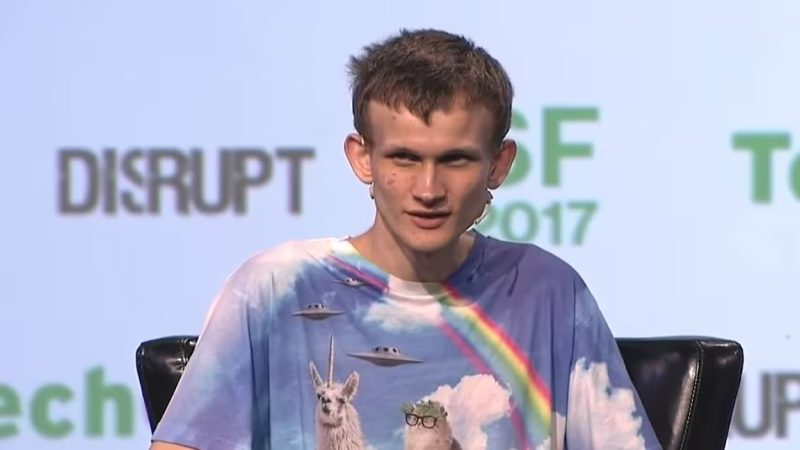Ethereum co-founder Vitalik Buterin has denied recent allegations that he sold millions of dollars worth of Ether (ETH) for personal profit. Instead, Buterin clarified that his ETH sales were intended to support various Web3 projects and charitable initiatives, emphasizing his long-term dedication to the growth of the Ethereum ecosystem.
Allegations of ETH Dumping Addressed
The controversy began on August 30 when a member of the crypto community on X (formerly Twitter) accused Buterin of selling over $2 million worth of Ether shortly after posting a bullish tweet. Onchain analytics firm Lookonchain added fuel to the fire, suggesting that a wallet linked to Buterin received 3,000 ETH on August 9, raising suspicions about his intentions.
In response to the accusations, Buterin took to X on August 31, clarifying that his ETH sales have not been for personal profit since 2018. He explained that any Ether he has sold was to fund projects he deems valuable, either within the Ethereum ecosystem or in broader charitable endeavors.
Buterin’s Commitment to Web3 and Charity
Buterin’s response highlighted his unwavering commitment to using his resources to further Web3 development and support philanthropic causes. He stated, “I haven’t sold and kept the proceeds since 2018. All sales have been to support various projects that I think are valuable, either within the Ethereum ecosystem or broader charity (e.g., biomedical R&D).”
This transparency earned him widespread support from the crypto community, with many encouraging him to continue profiting from his contributions to the Ethereum network. One user even suggested, “Don’t even defend it; you deserve the yacht, too.”
Buterin Defends Ethereum’s Role in DeFi
In addition to addressing the ETH sales allegations, Buterin recently defended Ethereum against claims that it is indifferent to decentralized finance (DeFi). Kain Warwick, the creator of yield farming, critiqued Buterin, suggesting that he undervalues the significance of DeFi in the blockchain space.
Buterin countered these claims, emphasizing his focus on promoting applications that are both useful and sustainable, while upholding Ethereum’s core principles of permissionlessness and decentralization. He expressed a lack of respect for projects whose appeal is based on temporary or unsustainable factors, reinforcing his commitment to the long-term viability of the Ethereum network.
